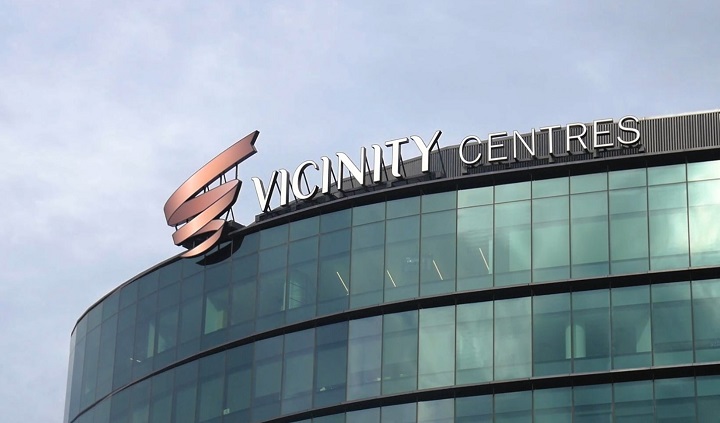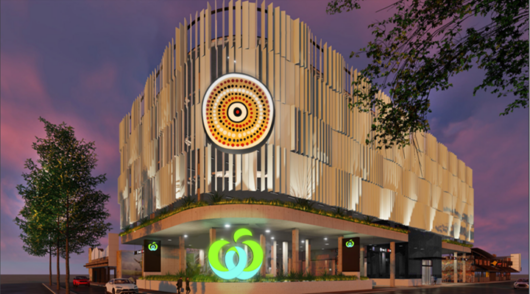Vicinity Centres has posted a lower statutory net profit after tax of $271.5 million for the year ended June 30.
Net profit after tax fell from last year’s $1.2152 billion, largely driven by a non-cash reduction in asset valuations.
The company reported funds from operations of $684.8 million, up 15 per cent over the previous year.
Net property income increased 12.1 per cent to pre-Covid levels at $900.2 million, driven by improved cash collections, positive rental growth, percentage rent uplift, and continued ancillary income growth.
Vicinity leased 306 vacant stores in FY23, with occupancy increased to 98.8 per cent from 98.3 per cent in FY22.
The company completed about 2250 deals during the year, surpassing any year since the company’s inception in 2015.
“We delivered a significant level of high-quality leasing outcomes, focused on enhancing the retail mix of each centre and reducing our income at risk, while simultaneously negotiating favourable leasing spreads which support current and future NPI growth,” said Peter Huddle, Vicinity’s CEO and MD.
“Furthermore, we have continued to invest our capital to progress development approvals and execute project activity that will ultimately deliver long-term value to our stakeholders, despite near-term, heightened macroeconomic uncertainty.”
For the FY24 guidance, the company expects a 3 per cent growth in comparable net property income, with funds from operations per security in the range of 14.1 to 14.5 cents.
With $24 billion in retail assets under management across 60 shopping centres, Vicinity Centres is now the second largest listed manager of Australian retail property.






